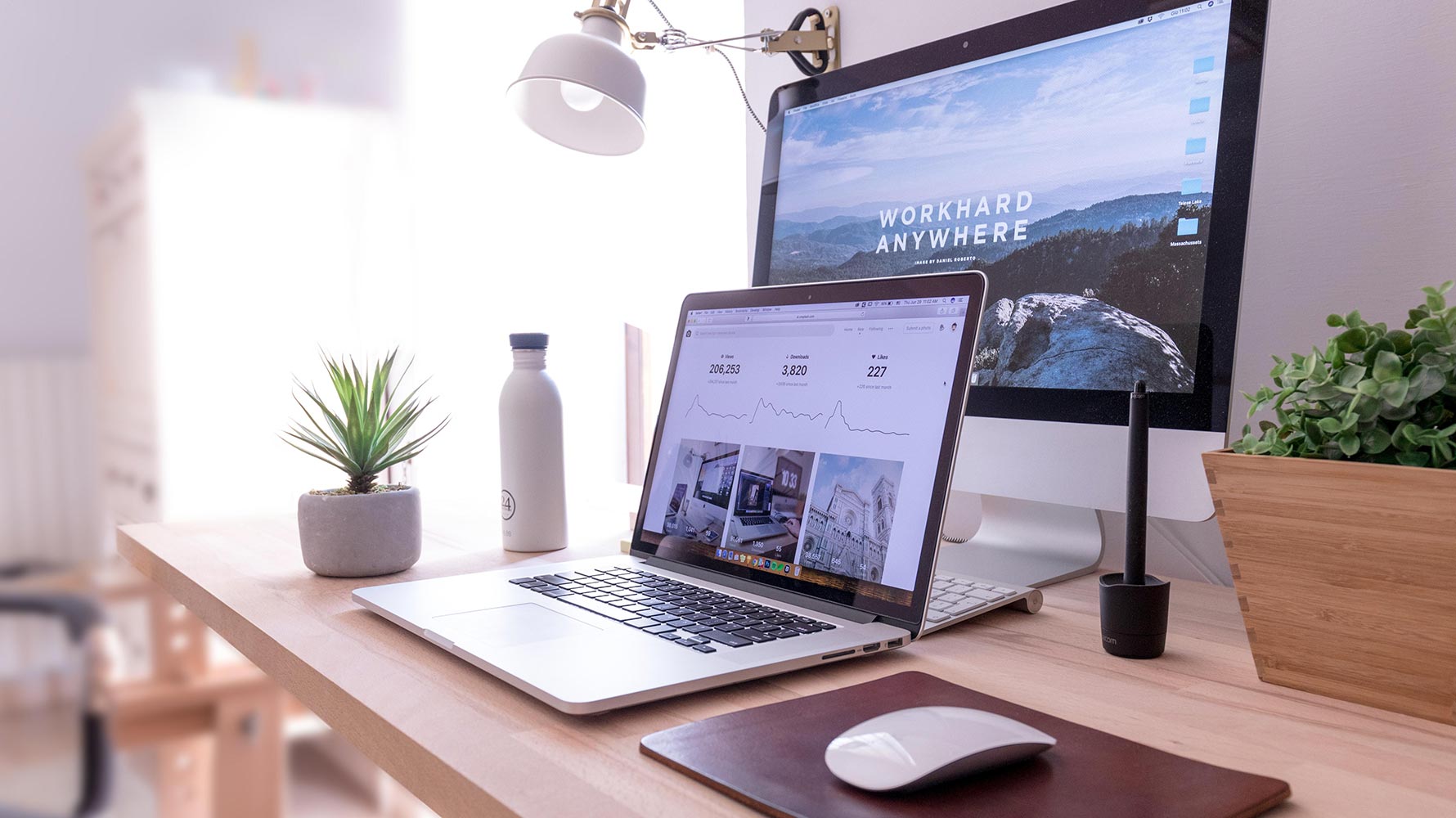The pandemic prompted us all to think differently about our lives – what mattered most, getting the correct balance of work and homelife when each invariably crept into the other, and what we wanted and expected on the other side. The same can be said of travel: it was one of the worst hit industries and, in order to withstand the challenges, had to pivot and innovate. Business travel has changed forever, but that’s not necessarily a bad thing. There are some interesting lessons to be learned and new ways of working that we should all continue to stay accustomed to.
Human versus hybrid
At a time when we were forced to socially distance, work remotely and connect virtually with one another we never thought we would crave human in-person connections so much. But human beings have a natural need for human interaction, it is essential to our society and to wellbeing. Face-to-face meetings are key to building strong relationships; they allow you to better read hand gestures, body language and facial expressions. Often things can be misinterpreted when on a video chat and especially over email or instant message.
There are however some situations where meeting virtually does actually work well such as when conducting smaller internal meetings where a virtual solution can be efficient.
If you take a look at the meetings & events industry the pandemic boosted the market for virtual and hybrid meeting solutions. The technology behind those solutions improved a lot, although they will never replace in-person meetings. The hybrid format has proven to be a good step forward for larger gatherings. “A great advantage is that you broaden your audience with the hybrid format”, says John Pelant, Chief Information Officer of CWT. “Employees who previously were not able to travel to a large meeting can join virtually and the people that you want in the room are there anyway. I think we will see that trend continue as we move forward.”
Data management
“Data will absolutely be a critical element in the business travel industry, even more so than today. From travel spend data to digital health data, this will be a vital part of the role of the TMC in the future”, says Michelle Frymire, Chief Executive Officer CWT.
The importance managing data has been pushed to the forefront in the last 18 months.”The pandemic is demanding a whole new layer of real time data – including health data - in how companies look at and manage the safety and security of their employees. This will be a focus for several years coming,” says John Pelant. “TMC’s are working with their customers to strike that right balance of the travelers personal data: how to look after the safety of their travelers and protecting their privacy at the same time.”
Proper data management is also about what data is available in each country, does it need to stay in that country and who has access. “That is where the complexity comes in”, according to John Pelant. “The challenge will be how we can make sure that the data is stored at a proper level and probably only the minimum that needs to be used to make that an easy solution for a traveler but protect others. It also comes down to ownership. Private companies are likely to come forward to fill that space, but that will be a future battleground. We don’t have the answers yet, it needs to play out when we go forward.”
Traveler experience is key
The times when traveling was purely functional are over. The tide has turned, nowadays travelers want a seamless travel experience that fits their personal needs. The pandemic (re)started the discussion around essential travel. Not only from a cost perspective but also from a traveler wellbeing one. “Companies will want to make sure the experience is even better for their employees than it was before,” says Michelle Frymire. “And that is where we play a vital role – the ‘next normal of business travel’ is more efficient, easier to manage, but also very experience driven. TMC’s will play a key role in ensuring safe, efficient and meaningful experiences for employees when traveling and that the value of our clients travel spend is maximized even further than it is today.”







